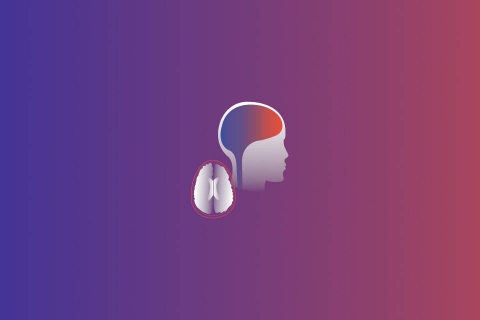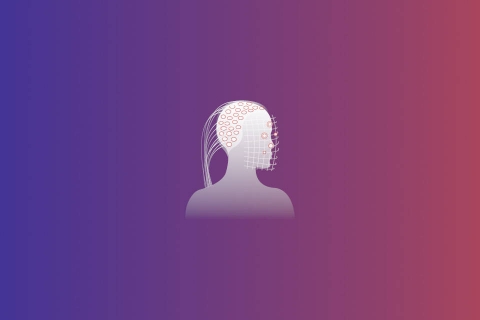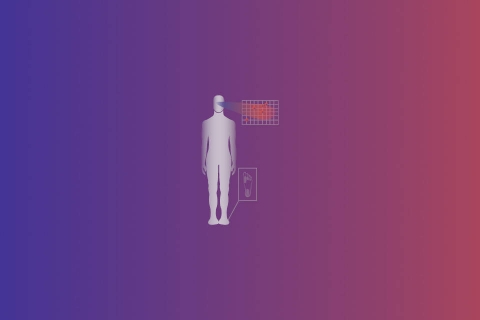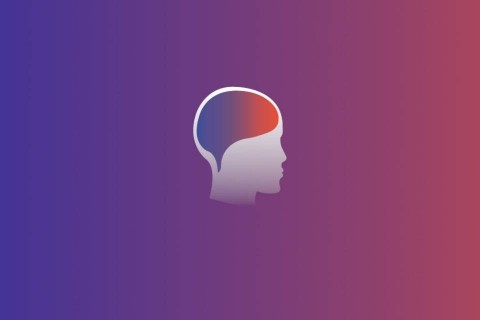Integrative and behavioral neurosciences in humans and animals
Scientific approach
The approach consists in combining
- the state of the art of science in neuroscience, in psychiatry, in translational research, in ergonomics and machine learning,
- the increasingly common use of non-intrusive and inexpensive sensors, digital technologies available to all such as the web, smartphones, cameras, gaze trackers, gravitometers, game consoles equipped with accelerometers,
- the use and development of open source software and environments that facilitate reproducible research,
- field expertise to establish standards for the quantitative assessment of human or animal behavioral disorders in potentially complex environments.
Covered topics
-
Translational research in anesthesiology, neurology, ophthalmology, intensive care, geriatrics
-
Prevention and early detection of frailty syndrome
-
Training of operators involved in complex man-machine interfaces
-
Assessment of human behavior in extreme conditions
-
Study on the neural basis of sensorimetric transformation
-
Brain development, imagery and psychopathology
-
Neuroimaging and psychiatric therapies




